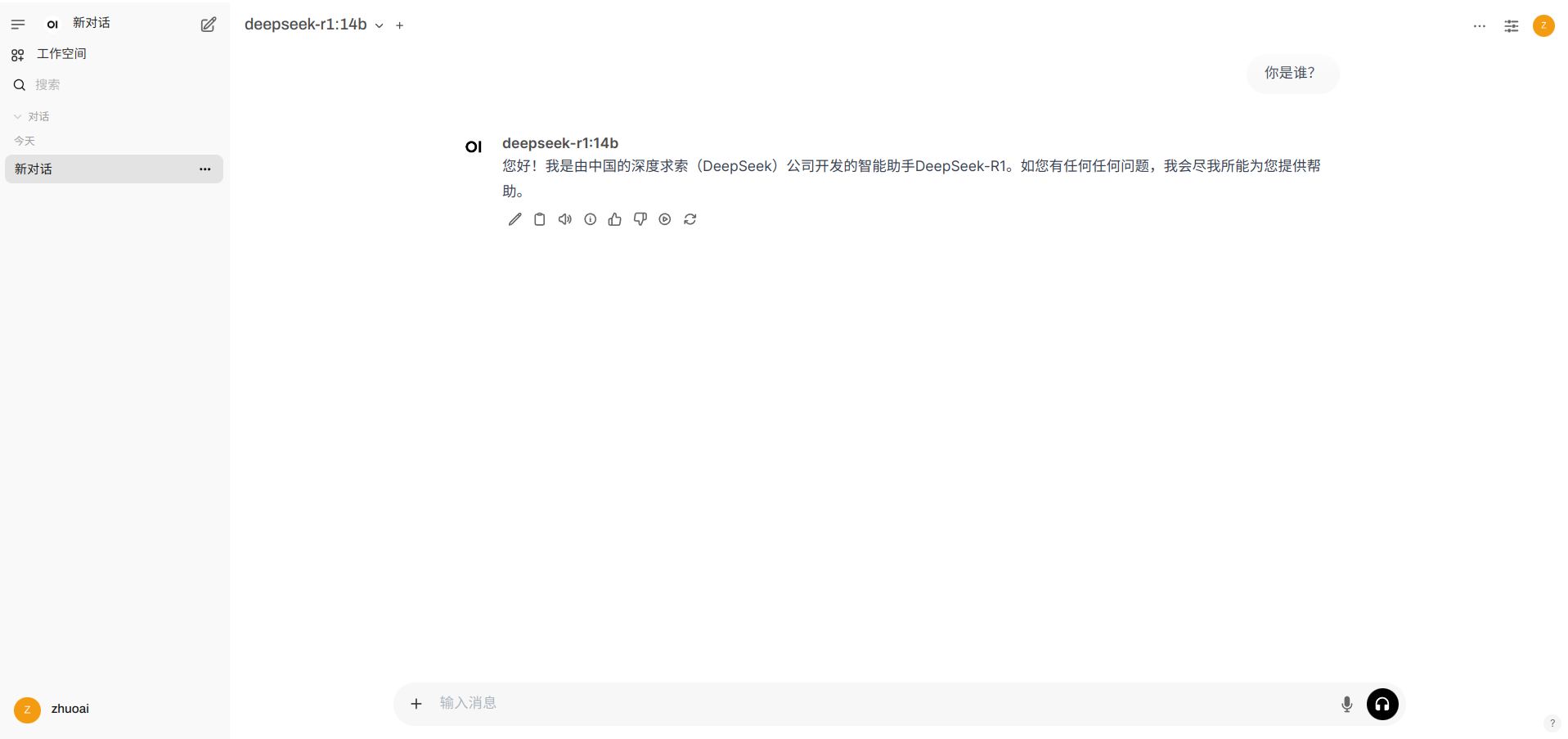在平常的开发工作中,我们经常需要跟其他系统交互,比如调用用户系统的用户信息接口、调用支付系统的支付接口等。那么,我们应该通过什么方式进行系统之间的交互呢?今天,简单来总结下 feign 的用法。
1:引入依赖
<dependency>
<groupId>org.springframework.cloud</groupId>
<artifactId>spring-cloud-starter-openfeign</artifactId>
<version>版本根据自己业务需要选择</version>
</dependency>2:定义服务地址
# 服务名
mall:
# 服务地址,如果有项目名称或者前置统一的url,建议配置在这儿
url: http://localhost:8080
# 用户名 可选
account:
# 密码 可选
password: 3:启动类添加 @EnableFeignClients 注解
import org.springframework.boot.SpringApplication;
import org.springframework.boot.autoconfigure.SpringBootApplication;
import org.springframework.cloud.openfeign.EnableFeignClients;
@SpringBootApplication
// 启用 Spring Cloud OpenFeign 客户端功能
@EnableFeignClients
public class TestApplication {
public static void main(String[] args) {
SpringApplication.run(MyApplication.class, args);
}
}4:定义服务端接口
@RequiredArgsConstructor
@RestController
@RequestMapping("/test")
public class TestController {
/**
* 查询信息
*/
@GetMapping(value = "/info")
public String getTestInfo() {
return "666";
}
}5:创建 feign 客户端接口
/**
* 定义feign客户端接口
*/
@FeignClient(name = "mallFeignClient", url = "${mall.url}")
public interface MallFeignClient {
/**
* 查询信息
* @return 信息
*/
@GetMapping("/test/info")
String queryTestInfo();
}6:使用 feign 调用远程 mall 服务接口
@RestController
@RequestMapping("/test")
@RequiredArgsConstructor
@Slf4j
public class TestController {
// fegin定义的接口客户端
private final MallFeignClient mall;
/**
* 客户端controller
*
* @return 信息
*/
@GetMapping("/msg")
public String queryInfo() {
return mall.queryTestInfo();
}
}7:测试
调用当前服务 /test/msg 接口,返回 mall 服务 /test/info 接口的返回值

以上为 feign 调用的基本过程,客户端根据服务地址和接口信息调用服务端的接口。feign 是声明式编程,类似于本地方法调用,极大简化系统之间调用的步骤,便于开发和维护。结合 Ribbon 等负载均衡组件,Feign 可以实现客户端负载均衡。



















